According to the Information Security Department, recently, there have been continuous warnings about impersonation scams, with a frequency of at least 2 situations per week. Notably, from June 24 to June 30, Vietnamese Internet users are advised to be more vigilant against 6 impersonation scams, including 4 online scams in Vietnam and 2 tricks taking place in the world.
Impersonating an officer of the Immigration Department to appropriate property
Thu Duc City Police, Ho Chi Minh City recently warned about a form of fraud related to immigration activities, carried out by subjects in a sophisticated manner.
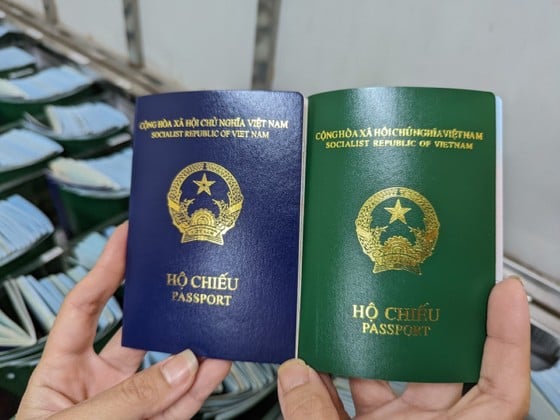
Specifically, the subjects searched for and approached people who wanted to leave the country via social networks. After instructing the victims to complete the procedures for submitting passport and visa applications, within a short time, the subjects sent the victims photos of fake passports and visas; At the same time, they informed the victims of the departure time and asked them to be present at the airport to receive the documents.
Next, the subject sends a fake document from the Immigration Department (Ministry of Public Security) to request a transfer of money to prove income and complete the application. If the victim transfers money, the subjects will appropriate it and cut off contact.
The Information Security Department recommends that people carefully study the forms and signs of online fraud. When searching for services on social networks, people should be careful and choose reputable units by carefully reviewing the history of posts, information and images on fanpages. In addition, people should ask the service provider to show their business license to assess the level of reputation.
Impersonating police to report VNeID account error to defraud money
Recently, Vietnamese cyberspace has seen a series of victims 'falling into the trap' of scammers impersonating police officers to provide instructions or report errors in their VNeID accounts, leading to property appropriation. The method used by the scammers is to call to notify the victim that the VNeID account has an error, then instruct the victim to download an online error-fixing application.
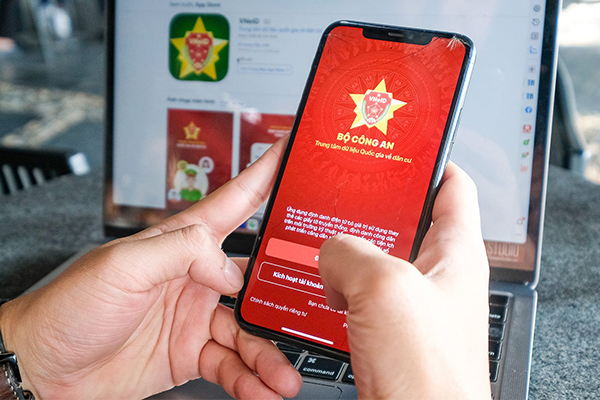
After the victim installs the patch application, all the money in their bank account is stolen. These fake applications have the ability to collect personal information, control, monitor, and remotely control the victim's phone. The purpose is to log in to the bank account and OTP code messages to steal the victim's money.
Faced with the above situation, the Department of Information Security recommends that people do not trust or follow the requests of strangers over the phone, and do not access unofficial links or application stores to download and install applications. "Police at all levels absolutely never work with people over the phone and on social networks. When needing support in installing and activating electronic identification accounts, people should go directly to the nearest local police station for instructions," the Department of Information Security further noted.
Impersonating Shark Tank Vietnam to scam people
TV HUB, the producer of the Shark Tank Vietnam program, has just informed that some subjects have impersonated the program, using the images of Shark Tank Vietnam investors to defraud and appropriate the assets of many individuals.
Specifically, the scammer approached the victims via Facebook to introduce jobs, call for tasks such as liking, following fanpages and voting for the "sharks" of Shark Tank Vietnam to receive daily salary. After that, the subject asked the victims to transfer money to convert points and receive the principal and commission back.

After receiving the money, the subject provided a fake capital repayment commitment with the Shark Tank Vietnam logo and the TV HUB seal, and introduced the victim to contact a third party to perform the next task. By continuously giving tasks and asking the victim to deposit money to convert points and receive the principal and commission, the subjects appropriated tens of millions of VND from each victim.
The Information Security Department advises people to always check the authenticity of information, requests, or invitations from an organization, business, or individual; Use official communication channels such as confirmed websites, emails, and phone calls to ensure reliability.
People should also not share important personal information with unverified parties; Be cautious when receiving invitations, investment opportunities, business, or high-profit programs without clear basis, because these invitations can be tricks to defraud and appropriate assets.
Impersonating a delivery company to commit recruitment fraud
Giao Hang Tiet Kiem Company has recently received a number of reports of impersonators posting false recruitment information on fake fanpages, contacting candidates to request fees, transferring money to applications to be recruited or participating in recruitment support groups. This delivery company affirms that the recruitment process of the unit does not incur any costs.
The Information Security Department recommends that people be vigilant against information of unknown origin or unusual calls and messages; Always check information about the service provider on the official website or other reliable sources; Do not transfer money or provide important personal information before verifying the address and company information; Need to clearly understand the interview process, labor contract and regulations of the business before participating in recruitment.
Beware of tax scams
According to the Information Security Department, as people prepare financial reports and submit tax returns, many forms of fraud related to tax payment and refunds begin to appear in Australia. Fraudsters take advantage of people providing documents and records to the Tax Office to steal important data.
A common method used by scammers is to take control of a victim’s account, impersonate them, and send tax refund requests to the IRS using data such as their tax identification number. Impersonating an IRS employee is also a popular method; the subject proactively contacts the victim via text messages, emails, and social media platforms to trick them into providing personal data.
The Information Security Department recommends that people strengthen the security of their tax codes, use 2-layer security authentication for electronic tax accounts as well as other online accounts; be vigilant against messages and emails requesting tax payments, and proactively verify information by contacting the tax authority via the phone number provided on the official information portal.
Fraudulent impersonation of payroll service provider
Gotham Bar & Grill in the US was recently forced to temporarily close after experiencing an online scam. Before the payday for employees, the restaurant owner received an email impersonating Paychex (a company providing payroll services), with information about salaries and providing account numbers and asking the restaurant owner to transfer money to pay for the service fee. Due to subjectivity, the restaurant owner transferred 45,000 USD, about 1.1 billion VND to the account number attached in the email of the scammer.
From the above situation, the Information Security Department recommends that businesses increase their vigilance, check the email links received, and verify the authenticity of the partner before making payment. In addition, businesses also need to regularly update and disseminate information about fraud to their staff and officers to prevent and minimize risks when encountering similar cases.
Source: https://kinhtedothi.vn/canh-bao-lua-dao-mao-danh-tren-khong-gian-mang-viet-nam.html







![[Photo] Prime Minister Pham Minh Chinh chairs the Government's special meeting on law-making in April](https://vstatic.vietnam.vn/vietnam/resource/IMAGE/2025/4/13/8b2071d47adc4c22ac3a9534d12ddc17)






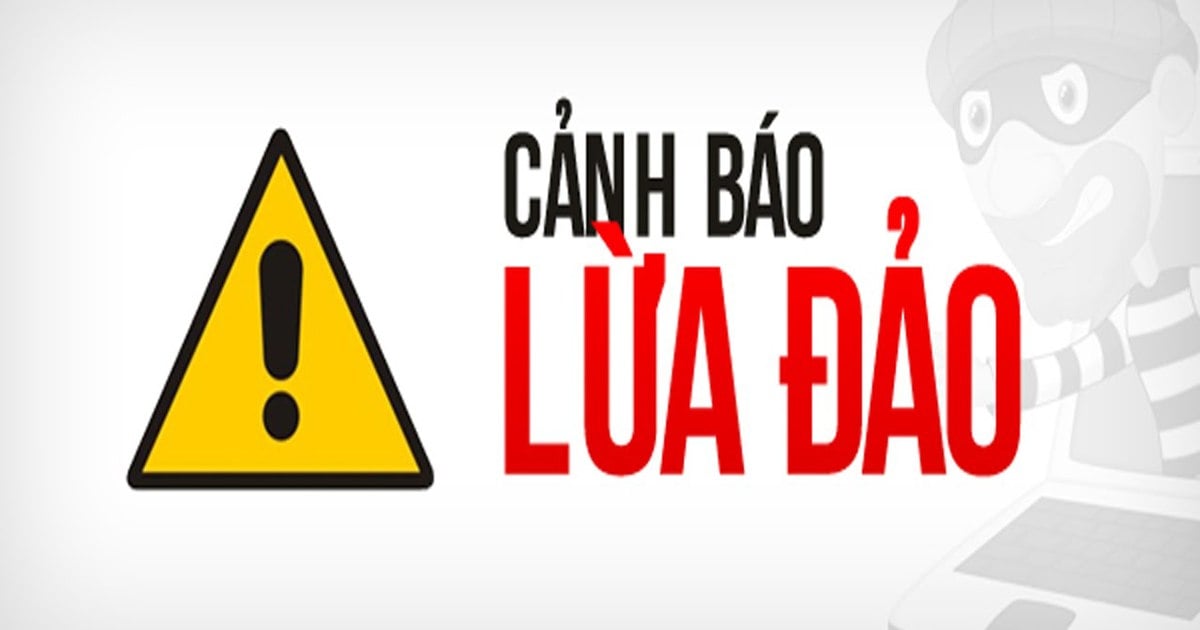
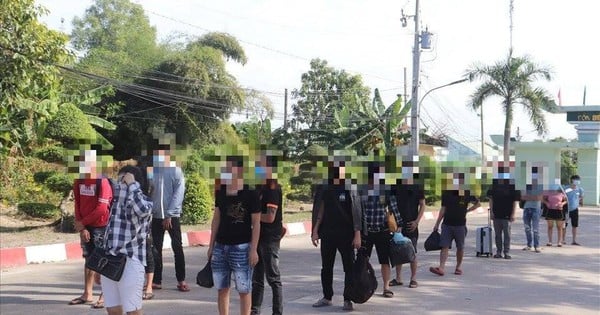


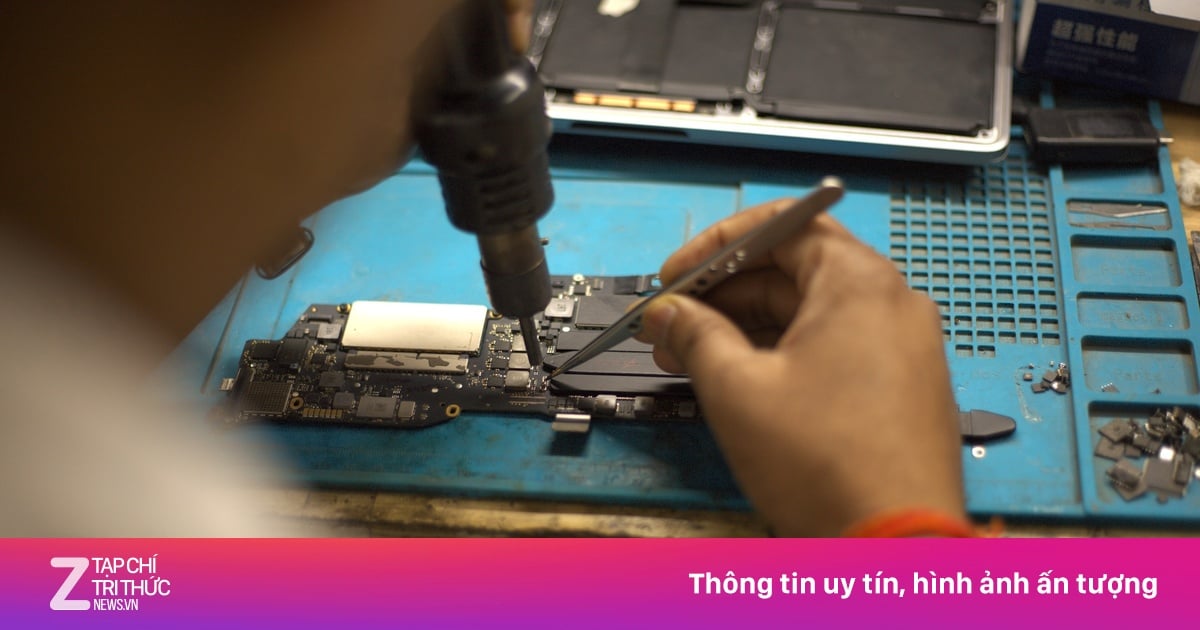














![[Photo] Closing of the 11th Conference of the 13th Central Committee of the Communist Party of Vietnam](https://vstatic.vietnam.vn/vietnam/resource/IMAGE/2025/4/12/114b57fe6e9b4814a5ddfacf6dfe5b7f)

















































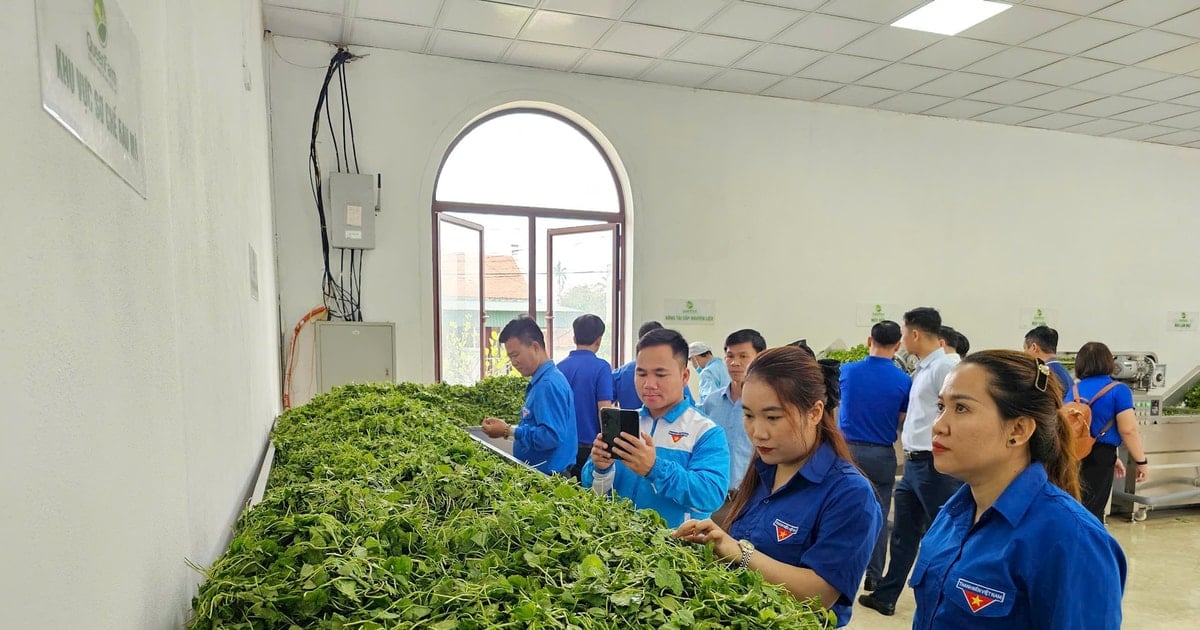

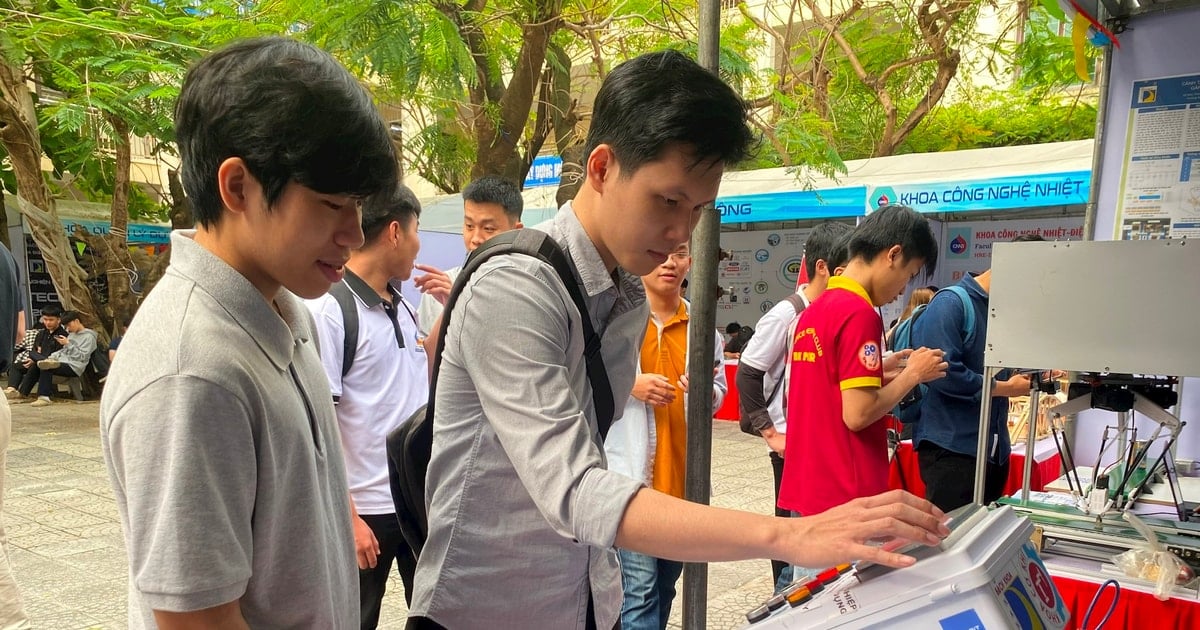












Comment (0)